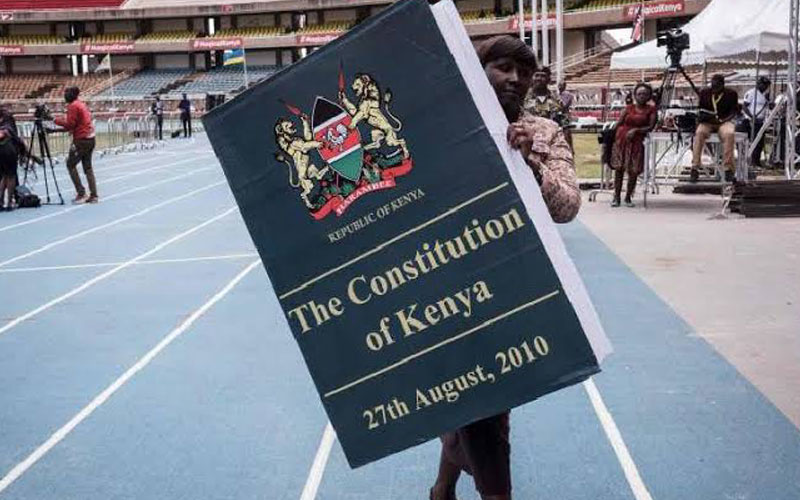Constitution amendment debate timely to avert contests

Amidst the revenue allocation debacle, the debate on constitutional change to facilitate effective and efficient operation of counties that could spur economic and social transformation must not be silenced.
It should be remembered that the 2010 Kenyan Constitution envisaged development driven by decentralised policies and politics.
It is the reason wards, the basic unit of counties, were established to ensure critical policies were informed by local needs.
However, it is now evident that the spirit of the constitution concerning policy formulation in the village level has not borne the expected results given that the criteria for resource allocation remain contentious.
The variation between the resources sent to the counties versus those that remain with national government explain why urgency of in-depth conversation must be undertaken to devise mechanisms to avert future incidents such as we are experiencing now.
It is clear that national political goodwill is essential for proper allocation of resources.
But local leadership must play substantial role in enunciating the comparative advantage of each local unit through initiation of plans, programmes, project and policies that enhance local development with clear social/community cost benefit analysis.
In such a process, public participation is of monumental importance. Given that the Kenyan Constitution 2010 enshrined public participation as a critical element in policy formulation, visionally leaders must emerge to lead the processes of local development.
Such leaders must be in a position to engage in a civil conversation and debates on how to build local capacity to enhance productivity of diverse goods and services.
On this, political parties calling for bear minimum qualification for one to run for a political office at the County Assembly is critical.
Diversified productivity advantage within counties should be the basis on which resource allocation must be claimed.
It must be known that every part of Kenya is endowed with unique enormous potential and resources which require critical factors that could jumpstart economic and social growth.
It is the reason one need to appreciate and encourage the effort by the national and county governments in development of roads and electricity connectivity.
However, in order to ensure holistic national growth, good leadership and governance coupled with inclusive policy and institutional frameworks must be embraced by all carders of government institutions.
But better leadership requires that local politics be informed by the need for solution to local challenges.
Corruption, unemployment, education, health and food insecurity are among the most pressing issues that need to be addressed.
Given that most of these functions have been devolved, local leadership have a significant role in transformation agenda but citizen also have a responsibility to check on misappropriation.
Active involvement of citizens through public participation will reduce the rate of embezzlement of public resources.
It is therefore instructive to note the trend of rural urban migration which in most cases have negatively affected rural demographics.
Youths are moving to the cities even when the chances of prosperity in the urban areas are slim.
It is this emerging phenomenon that must compel policy makers in counties to develop programmes and frameworks that will promote development of infrastructure that could attract youths to local towns. – [email protected]









